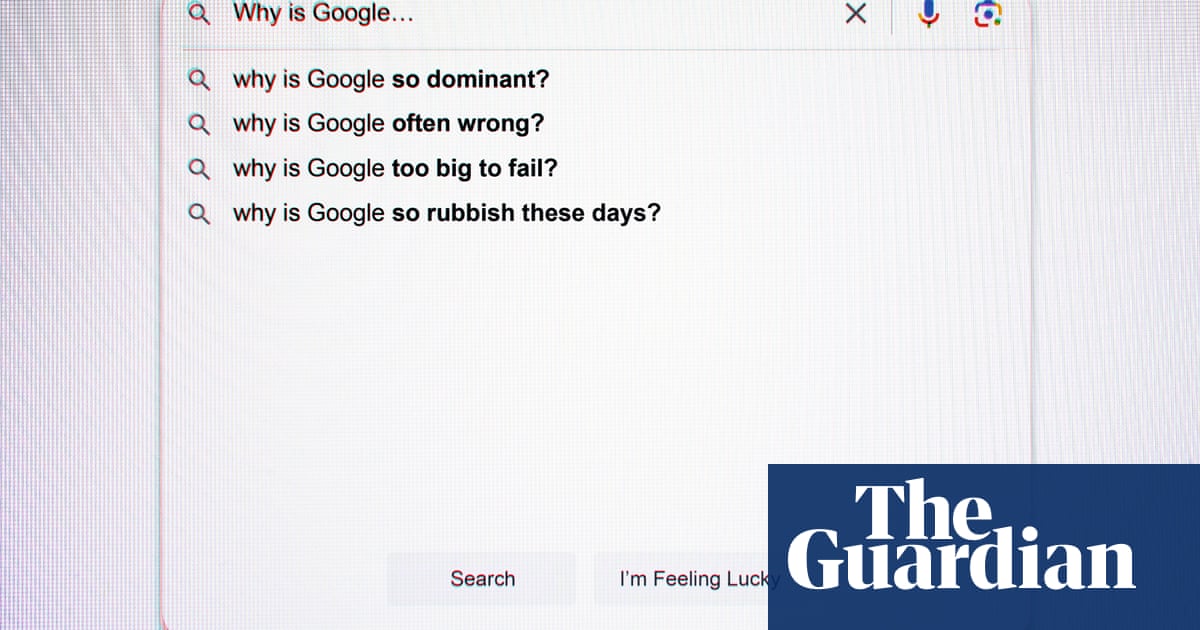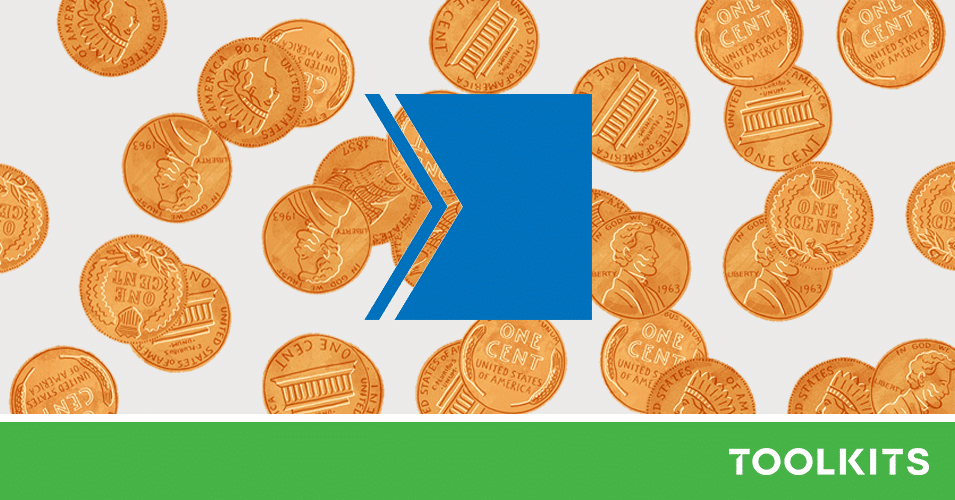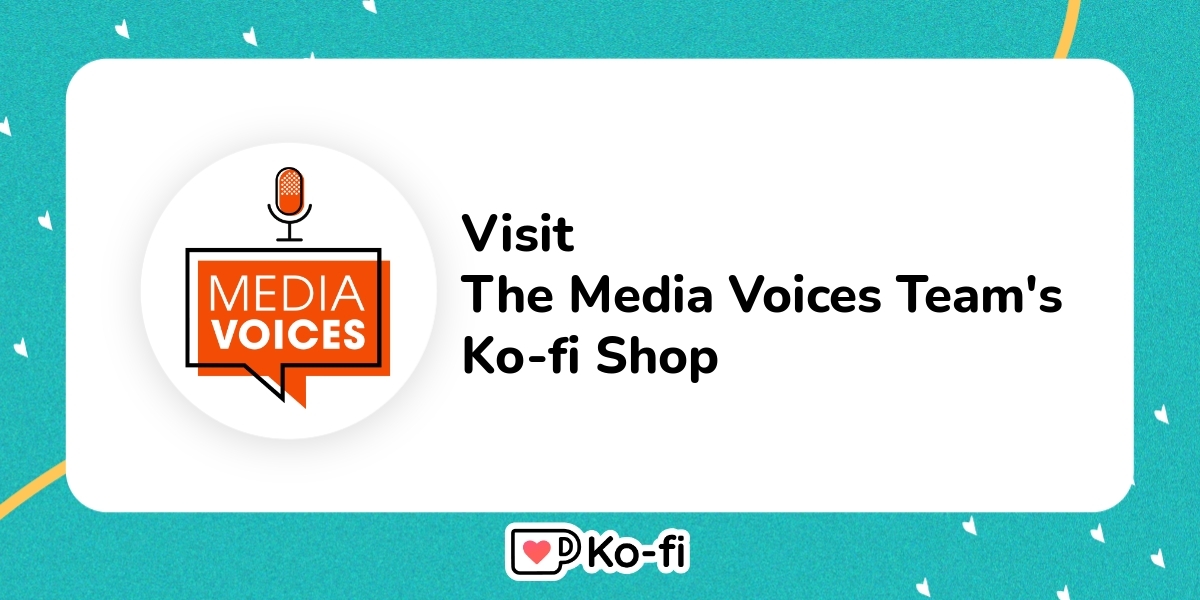- The Publisher Newsletter
- Posts
- Monday 22nd July: Is Google getting worse, and what does it mean for publishers?
Monday 22nd July: Is Google getting worse, and what does it mean for publishers?

Good morning! Today’s newsletter is brought to you by Chris.
The Publisher Newsletter Awards are taking place tomorrow evening! If you’re one of the lucky lot who’ve been shortlisted by our judges and want to come along, there are a scant handful of tickets still available at the following link:
There’s been a rash of articles lately about how generative AI is actually becoming worse. Part of that is obviously just Amara’s Law in action, but it’s also potentially a reflection of the fact that there’s less content being made available to train AI up on. For publishers, that potentially inflates the value of their content when dealing with AI companies.
But there are other, more fundamental issues that come with the rise of AI — not the least of which is what it’s doing for search engines. Say what you like about Google and its position within the market, but it at least used to be extremely efficient at cataloguing and presenting information, and publishers could take advantage of that for discovery and relevance. But, as Tom Faber writes for the Guardian, that’s not necessarily the case any more, and the AI goldrush is exacerbating that.
“Reports have predicted that publishers could see their search traffic fall anywhere between 25% and 60% as a result of AI. If even a fraction of this is true, it could have enormous consequences for the already squeezed media landscape. Various small publishers have accused Google of killing their businesses.”
We’re officially back on track for podcasts. The medium has been in the doldrums for a year or so (though that hasn’t stopped a ton of worthwhile experimentation and more than a few successes), but between the proof that political podcasts deliver for audiences and the rebirth of ad growth to the medium, it’s interesting to see how Slate is capitalising on that return to form.
Micropayments are back, baby! Well, they’ve always been bubbling under (and mostly disparaged) as a source of revenue for publishers, but now we’re getting a few more data points for their viability. The Toronto Star is beginning to experiment with allowing users to purchase access to single pieces of premium content for 75 cents each. Purchasing access to two articles in a day will grant them unlimited access for the remainder of that day, but as ever it will be ease of onboarding that determines this scheme’s success.
This potted history of The Hong Kong Journalists Association — which as the article points out is older than the government that it frequently criticises — is a difficult read. It’s an examination of the difficult relationship between the press and government, the hypocrisy of otherwise well-meaning outlets, and the fine line between subjectivity, activism, and protecting the public.
More from Media Voices
✉️ Was this email forwarded to you? Sign up to The Media Roundup here for the four most important stories in your inbox, every weekday.
📣 Want to reach our audience of publishing and media professionals? Here’s our sponsorship options for the podcast and newsletter. Or just reply to this email and we can build you a custom bundle.
✉️ Want to celebrate the best in publisher newsletters? Join us at our Publisher Newsletter Awards on July 23rd for a summer party with leading newsletter publishers.
🧡 Take your relationship with us to the next level: we’d love you to join our community of fellow media professionals.





